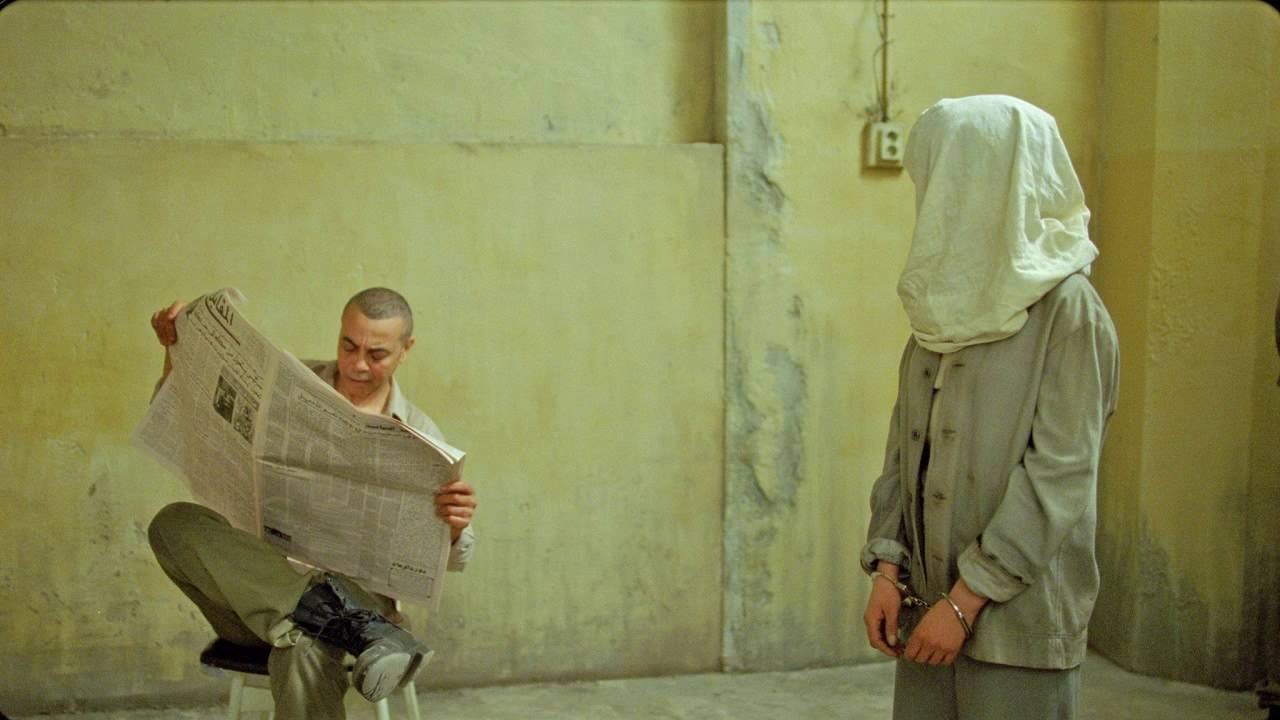Incendies: A Review
A Parable of Love & Depravity
Contains spoilers.
To write that Incendies is a film riven with human suffering is to understate what is it communicating to the audience. It is an exploration of love, and its true opposite, not hate, but depravity. As the film unfolds it only compounds the tragedy further.
Although Villeneuve never makes explicit the country the film is set in, it is clearly most influenced by Lebanon circa 1975-1990, during its civil war. The roaming militias, Christian fanatics, and incessant sectarian bloodletting captures the time perfectly.
One notices however, the flag used in one of the scenes in which Simon visits the country looking for his sister Jeanne. It is clearly not the white and red Lebanese flag with its cedar tree. It looks more like the Iraqi or Syrian flag, but a slight touch makes it not so. With this inflection Villeneuve does enough to throw you off and suggest it could, in fact, be anywhere in the Middle East.
Far from imposing an unfair stereotype, as someone who has travelled the region well and speaks one of its languages, one knows from experience that the road blocks, the armed men, and broken brick homes are exactly what you see across hundreds of miles of desert, mountain terrain and grassland. The true tragedy lies in the ability of Villeneuve to generalise and not be wrong in doing so.
The inability of the twins to speak Arabic initially comes as a surprise. As second generation immigrants from the Middle East, it would not be uncommon for them to have spoken their mother tongue. However, given what the film reveals to us, perhaps it is not shocking that Nawal either refused to teach them or found herself unable to. It's possible that somewhere in the recesses of her mind, so fraught with trauma, she believed disconnecting them by language meant protecting them from the horror. It meant a severance from relatives back home and from the literature and life of the mother country. It succeeds, ultimately, in killing any curiosity which might be lethal to them.
Then comes the final twist. Nihad's rape of Nawal is an attempt at character destruction. While she is referred to as 'The Woman Who Sings' he is referred to as 'the torturer', not in a generic manner, but as a way of conveying his reputation as the man who can break anyone. Moreover, his persona as 'Abou Tarek' can only be read as a moniker of fear. It reminds one of Ali Hassan al-Majid al-Tikriti, or 'Chemical Ali' as he was infamously known. His nickname was earned after his use of chemical weapons against Iraq's Kurdish minority. Abou Tarek, not reaching these heights of evil, does however find himself a terse and intimidating name.
And so, while the audience recognises the obvious cruelty of the rape, he does not, instead smugly asking Nawal after he's raped her, if she would still like to sing. It is perhaps one of the cruelest rhetorical questions put on screen. So why does Villeneuve make Nihad his mother's rapist and ultimately reveal it to him too? It is so that the disgust that is elicited in Nihad mirrors the disgust felt by the audience when Nihad committed the original sin. It is his life's cruelties caught up with him. The film ends therefore, the only way it could, with Nihad at his mother's gravestone. And the audience is left wishing him both death and a very long life.

